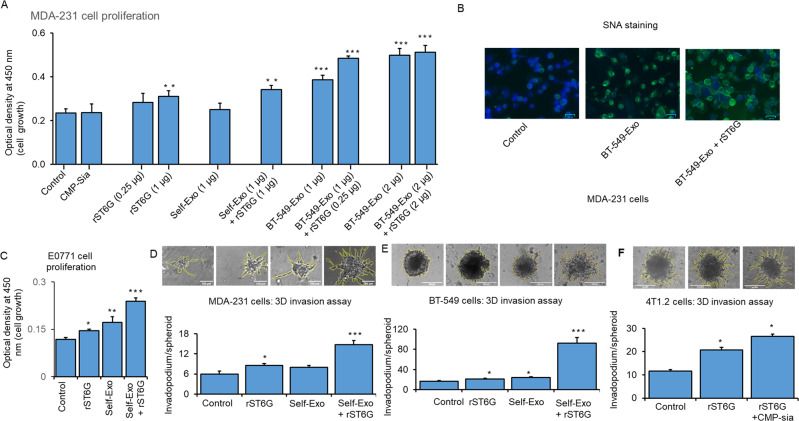Glycan-based strategies for better clinical outcomes
Inside the Lau Lab, we’re looking to:
- Elucidate the functional contribution of sialic acid epitopes in normal and malignant processes.
- Elucidate the molecular pathways that regulate the attachment of sialic acids.
Our current main project is to examine the contribution of the sialyltransferase, ST6Gal-1, in innate and adaptive immune responses.
Our corollary projects seek to:
- Examine the interaction between sialyltransferases and how this interaction influences the final outcome of sialyl-glycan structures.
- Assess the biology roles of these sialyl epitopes and the cognate sialyltransferases in development of immune functions.
- Assess the influence of sialic acids in anti-tumor immunity.
We’re also investigating glycan-based molecular strategies for better clinical outcomes in bone marrow transplantations and in recovery from myeloablative conditions.
Connect with the Lau Lab
Department of Molecular & Cellular Biology
Roswell Park Comprehensive Cancer Center
Elm and Carlton Streets
Buffalo, NY 14263

